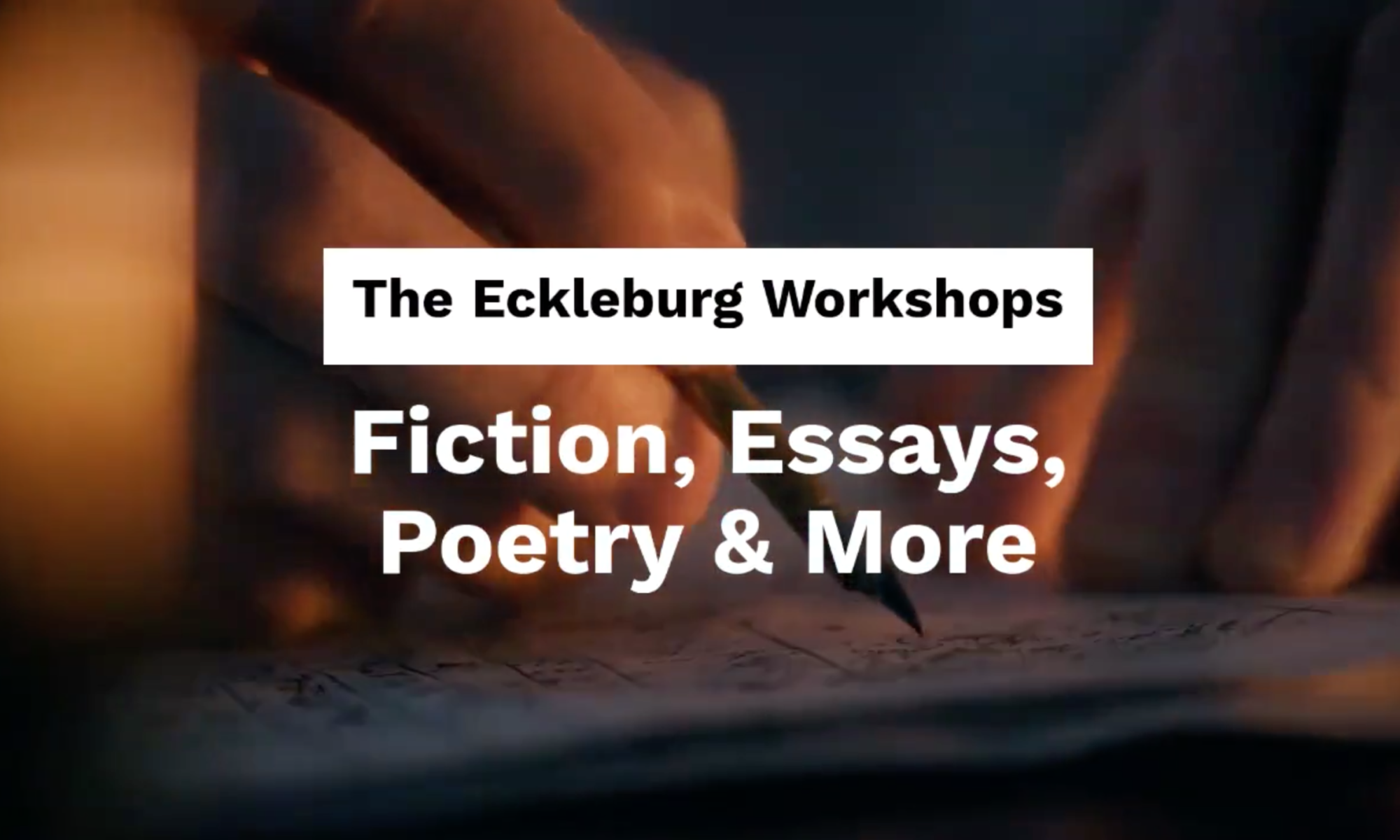Prose poems are poems printed as prose, with both margins justified. Edgar Allan Poe used ‘prose-poem’ in 1842; in 1850 Charles Kingsley praised ‘That great prose poem, the single epic of modern days, Thomas Carlyle’s French Revolution.’ Largely a modern phenomenon, the prose poem can be found in the works of Baudelaire, Rimbaud, and Valery in France and, derivatively, in Eliot’s ‘Hysteria’ (around 1915). Despite some doubts about the possibility of such a hyphenated transgeneric form, the prose poem has persisted; John Ashbury’s Three Poems is a whole book consisting of three long pieces of prose. The point seems to be that a writing in prose, even the most prosaic, is a poem if the author says so. Mark Harris has argued, polemically if not rationally, that neither the prose poem nor the “nonfiction novel” really exists. It may be that prose poem is a graphic or print category determined, finally, by how a piece is laid out in print. A poem that is printed in the format of prose is a prose poem. If it is labeled as such by a title or other indicator, then the attitude of most readers will probably be affected, so that they read with something of the exaggerated care and attention to detail usually reserved for poetry.” (Handbook to Literature)
Sources
A Handbook to Literature. William Harmon.
The Norton Anthology of World Literature: Literary Terms. Martin Puchner, et al.
Writing Fiction: A Guide to Narrative Craft. Janet Burroway, Elizabeth Stuckey-French & Ned Stuckey-French.



